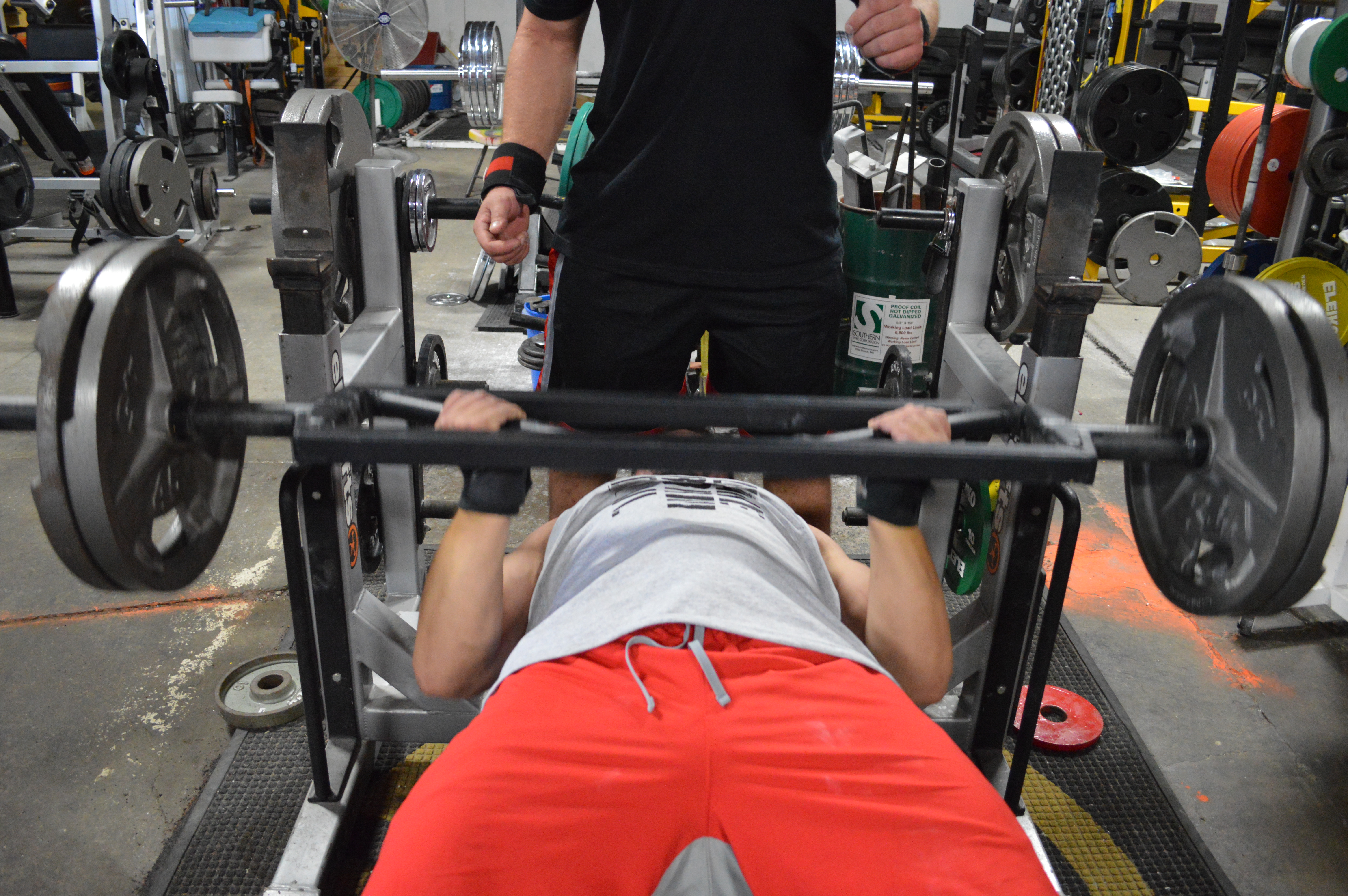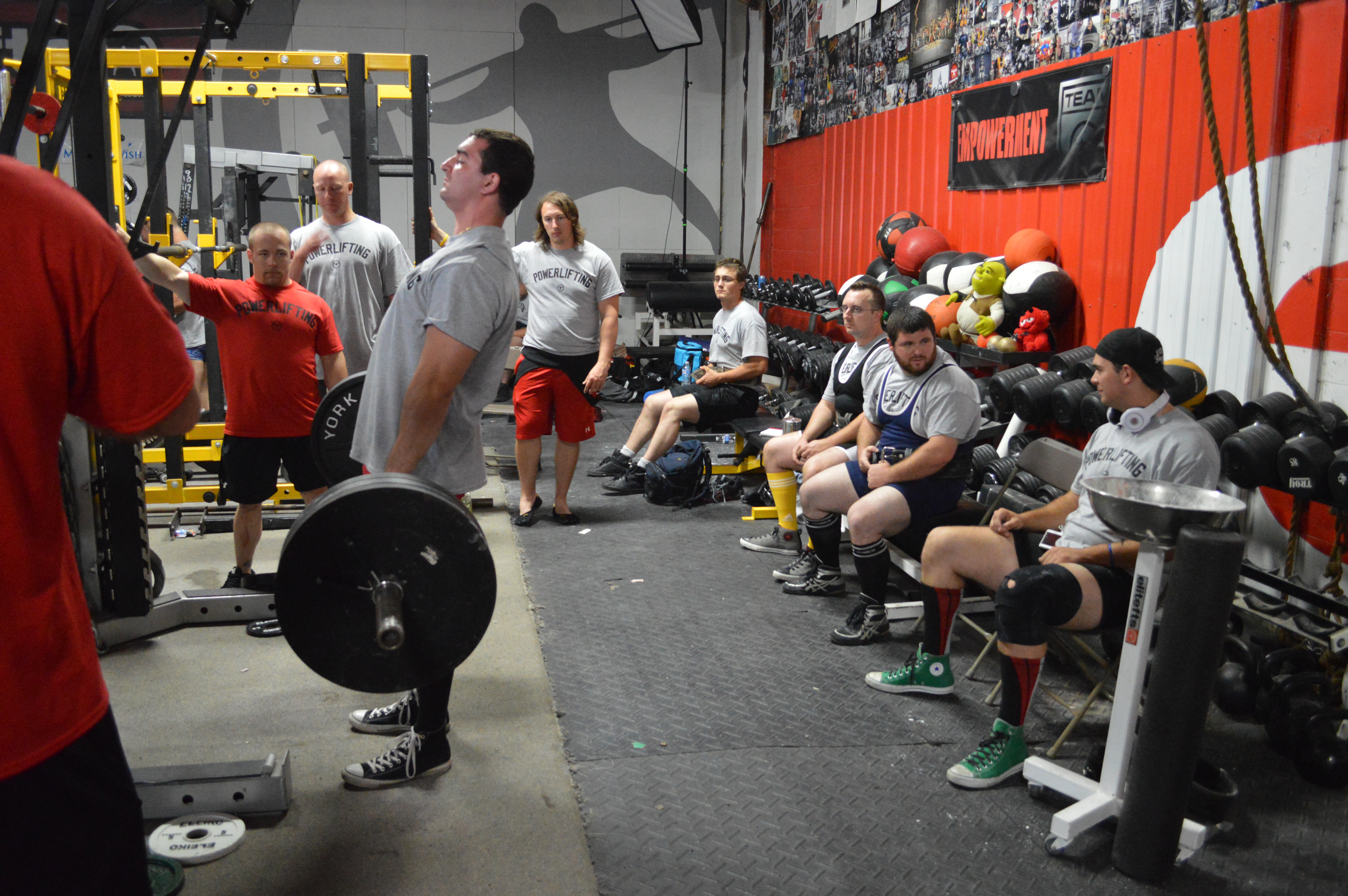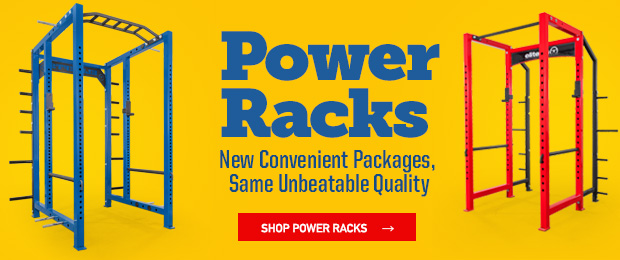
In this article, I'll touch on a few subjects for those who are interested in entering the strength and conditioning field. First time strength coaches encounter three major problems: there aren't enough jobs for everyone, there isn't enough money for everyone and young strength coaches don’t know what it really takes to sell themselves.
Here's a dose of reality: interning for a limited number of hours as an undergraduate and getting certified isn't even close to being enough to get you an entry level job. Even being a graduate assistant may not be enough anymore. It's a tough business to break into. When I watch young strength coaches at a convention or listen to them proctor the practical portion of the exam, it blows my mind how so many just seem content to get their certifications and be called strength coaches. They seem to be perfectly happy just entertaining the thought of being a strength coach without any clue as to what they're doing or where they're going. When taking the practical portion of the test, you already know beforehand what you'll be asked to demonstrate. You've had a sheet for months explaining the hows and whys of what you'll cover. Yet you still can’t explain how to do it?! How in the hell is a strength coach going to hire you to coach athletes in a team setting when you can’t even confidently coach how to do a proper squat or bench press in front of three people?
I know it seems like a rant, but I think these things need to be said to give those trying to get into this profession a big dose of reality. In the world of collegiate strength and conditioning, it's really about who you know or who knows you. Whether or not it's fair, this is true of pretty much all professions. The main reason for this, or at least what I believe to be the cause, is trust. When you're in charge of people, be it one, twenty or 387, you have to make decisions about who will supervise them. Who are you going to call? Someone you don't know whose resume may have top grades, an Ivy League education and the rest of the bells and whistles or someone you've already worked with or met in some capacity?
I'm at the stage in my career where if I can, I'll hire those I've known or worked with before. Running a strength program is like playing a sport. You play for the people on your right and on your left. I want to coach with all of us coaching for the person on our right and on our left. As strength coaches, we actually have to be better now more than ever because of the athletes we coach. On a daily basis, we have to explain and communicate all facets of our program. Relationships are paramount, and the magic word—trust—is more important than ever. Players must trust their coaches, coaches must trust their players and coaches also have to trust their fellow coaches.
A long time ago, I was told that keeping your boss happy is the key to being successful. That doesn't mean kissing his ass. It means doing your job to the best of your ability day in and day out. It's also the key to your boss’s success because he has a boss to keep happy, too. Never forget that. He has pressure from the people above him to do a great job, which is usually multiplied because of the number of people (i.e. staff, athletes) under his care. Understanding that will make you better understand where you fit in the grand scheme of things. We are all spokes in a wheel. Your wheel is just smaller than your boss's. This applies to staff members as well as interns.
In 17 years and five stops, I've probably hired 15 people, and 12 of them had been interns for me at one time or another. I hired them because they earned my trust and respect by working every day to make a difference in our athletes' lives. Every person that you have on your staff, including interns and graduate assistants, is working for you. All of these people under you have your name on them. In order for you to keep your job, they all need to be on the same page as you and your program. If an intern messes up by saying the wrong thing to an athlete or doing something stupid, it's ultimately on you as the boss. The interns won't be the ones sitting in a staff meeting or the athletic director’s office getting chewed out. It will be you. So if you aren't on the same page as the person you're interning for, can you now see why that's a problem?
WATCH: How to Find a Strength and Conditioning Job
Always look at things from your boss's perspective, not yours. Once you do that, you'll be better equipped to handle things. The best advice I can give young strength coaches is get out there and work your ass off for the program you're interning for. Notice that I didn't say just the head strength coach. Work your butt off for everyone involved in that program. Be the best damn intern they've ever seen and outwork everyone. You would be surprised by how many people are really watching how you do your job.
I've had probably about 100 interns. Some worked out and some didn’t. I've also been in situations where I've had to keep people from the previous staff. Sometimes it worked and sometimes it didn’t. When you first start out, it's a crap shoot because you may not know anyone and you have to build your base from there. This is one of the reasons why I feel internships are so important. It always amazes me though how some kids want to be treated like they're above doing the grunt work. I know some fellow strength coaches who feel the same way. If you don’t like your boss or the way that he runs his program, get the fuck out. In real life, you have to adjust to your boss. If you can’t figure that out by this stage of your life, your chances for success are slim to none. Don’t do a good job and just show up every day. Let the other interns do all the work while you hold the workout cards and talk to athletes the entire time about anything but the weight room. Do you think your boss will write you a reference letter? No one cares what you're doing now and what you did before. What matters is what you did when you were there.
Almost every job I've been offered has been from someone I least expected and may never have even spoken to. Let me give you an example of how I got my first collegiate job. When I was a high school strength coach, our program was run like a college program. About 85 percent of what I do now and how I do it, we did there. We had a lot of success and a bunch of hard working, great players. College coaches were always coming in to recruit our kids. At one point, there was some construction at our school, and we had to close the weight room. I had all the players grab all the bars, plates, dumbbells and benches and put them in a little storage shed next to our cinder track outside. Every day, the players took everything out of the shed, lifted and then put it all back for the next day. We had kids lifting bars on to other kids' shoulder so that they could squat and kids handing bars up for kids to bench. They did whatever it took. Some of the greatest workouts we ever had were during that period. Coaches were still coming by to recruit, and when the head football strength coach position opened up at one of the schools, one of the coaches who had been recruiting at our school put my name in the hat for an interview. That was my opportunity.
I got an interview. The head coach was big on his staff’s recommendations for this hire, so I had to meet with various coaches. I still didn't even recognize the guy who had put my name in. I was supposed to meet with the linebackers' coach (who I found out later had put one of the other candidate's name in the hat), but he was out with the flu. I had to interview with the offensive line coach. It was going OK and we started talking about my background. He saw that I was an assistant coach for the US men’s powerlifting team, and he said that one of his friends was a powerlifter. It turned out that this friend was on one of the teams I had coached while at the World Championships in South Africa. After I left, the offensive line coach called his friend, who gave me a great recommendation. The offensive line coach (who is now the godfather of one of my kids) then went in and told the head coach to hire me. The rest is history, and it was a perfect example of luck and opportunity coming together at the right time.
To this day, I still don't know which coach initially recommended me (but obviously he was watching). Maybe it was an athlete I had coached (who was watching) who recommended me. Anyway, it all worked out. This is a great profession, but it isn't easy to break into. Up your game, bust your ass and keep your boss happy. It will be well worth it.












